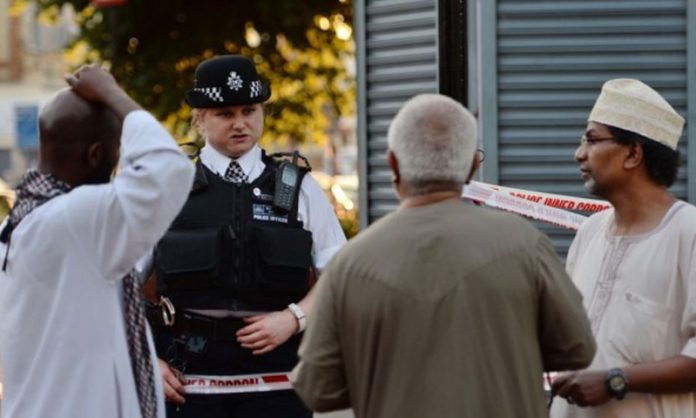In response to a rise in hate crimes in the U.S., American Muslims have launched an app that lets victims report these incidents more easily.
The Council on American-Islamic Relations (CAIR) launched the app called “Making Democracy Work for Everyone” in an effort to make the number of reported hate crimes match the actual number of these crimes.
Although the app was under consideration before the election of President Donald Trump, the rise in hate crimes since his election pushed the project up in the organization’s list of priorities.
A CAIR press release said that quick reporting of hate crimes is “an important feature during a period of increased hate incidents targeting American Muslims and other minority groups.”
It is hoped that the app will make reporting hate crimes less stressful, as some victims might be uncomfortable about making a phone call to the police.
App users file a description of the incident for investigation by staff at CAIR. The group then decides whether to include the incident in its reports on hate crime, and if the incident appears to be a criminal offense then it will contact the police.
CAIR recently released a report showing a 57 percent increase in anti-Muslim incidents in the U.S. in 2016 compared with the previous year. Over the same period there was a 44 percent increase in incidents that were officially recognized as hate crimes against Muslims.
The app’s relevance was tragically highlighted by the murder of 19-year-old Nabra Hassanen, who was killed near a mosque in Virginia on June 18.
However, CAIR has stressed that the app is not only intended for Muslims, as all minorities have seen an increase in hate crime over recent months.
The FBI confirmed this rise, reporting that there were 5,818 hate crimes in the U.S. in 2015, up by about 340 incidents from 2014.
FBI data showed that 20 percent of attacks on religious groups targeted Muslims in 2015, while the number of attacks against Muslims rose to 257 from 154 the previous year.
The “Making Democracy Work for Everyone” app also offers users advice on their constitutional rights when dealing with police or Homeland Security, as well as advice on how to find help when faced with discrimination at school or in the workplace.





